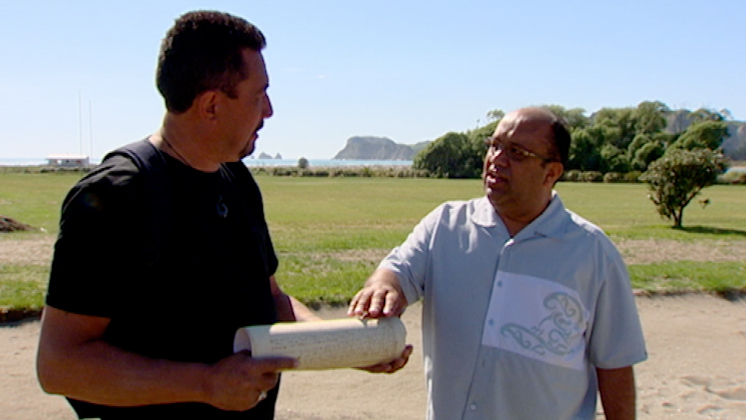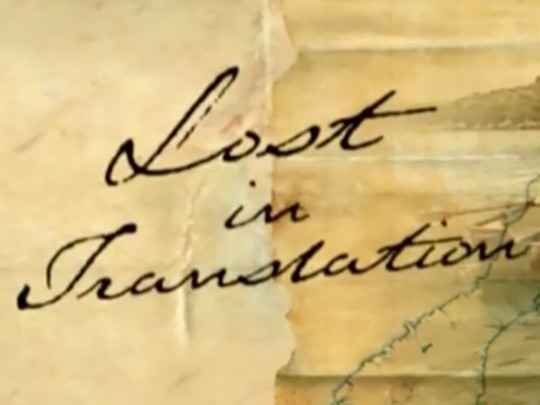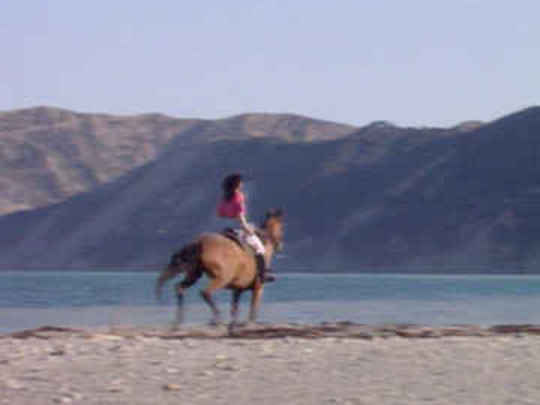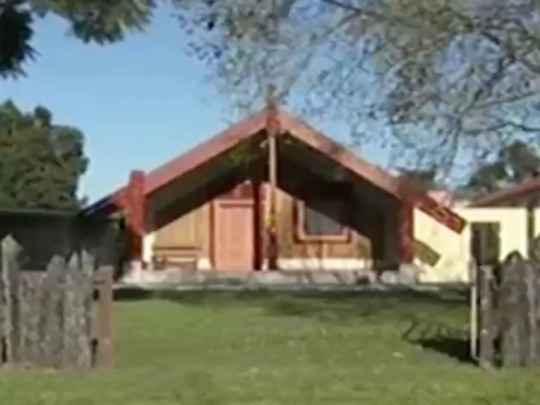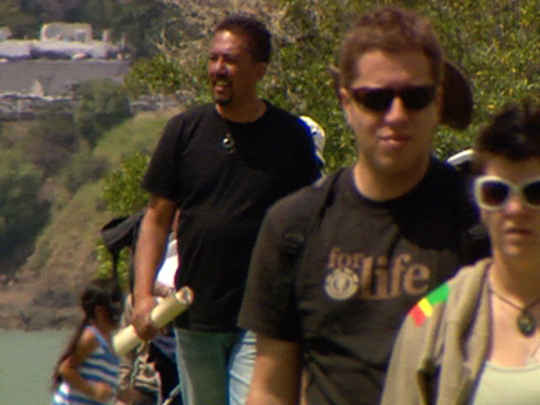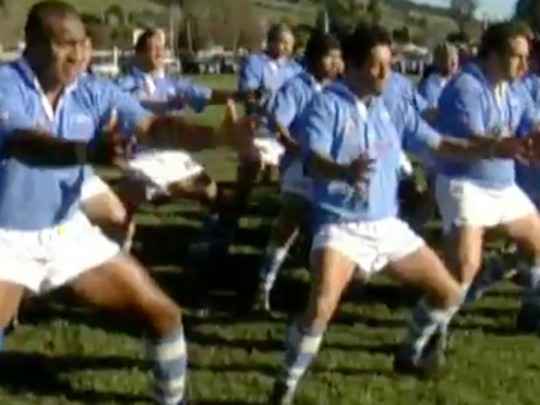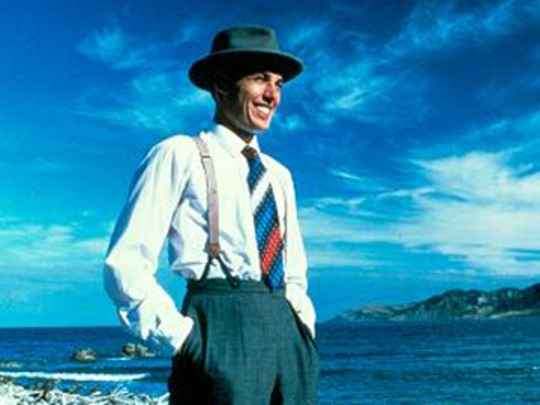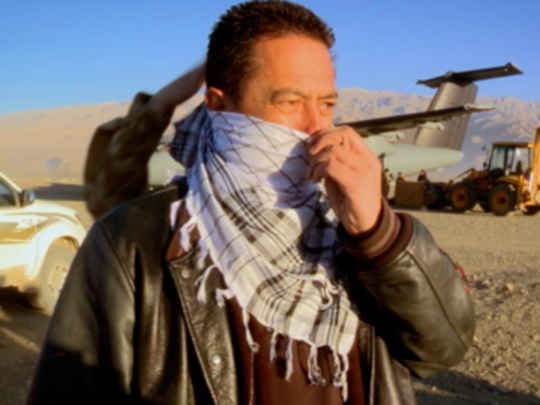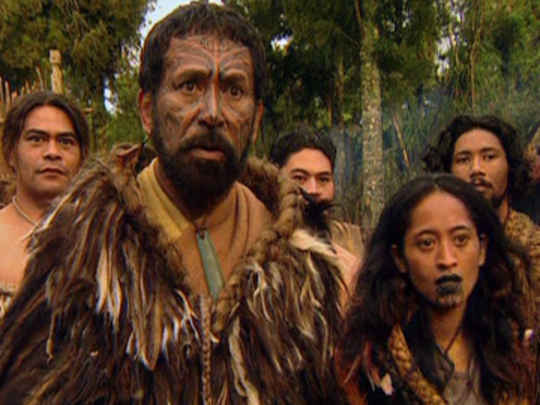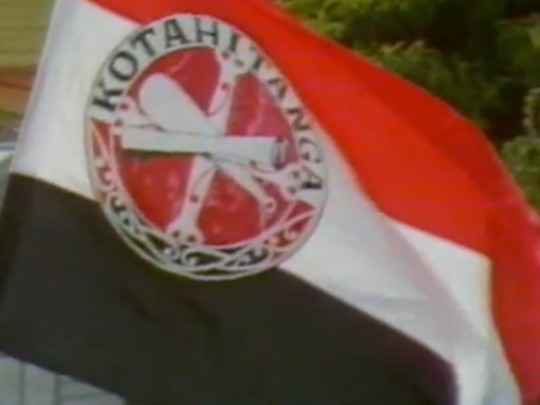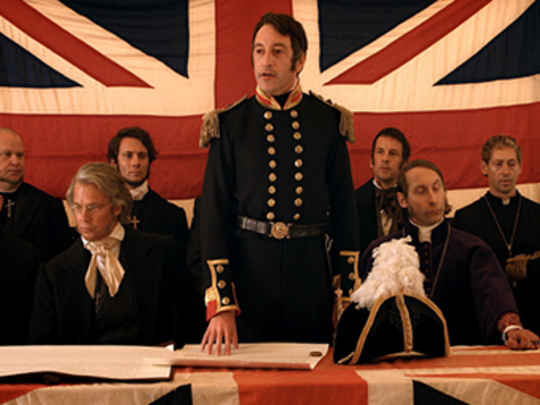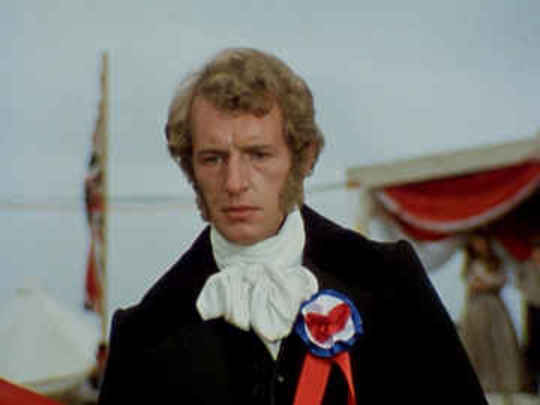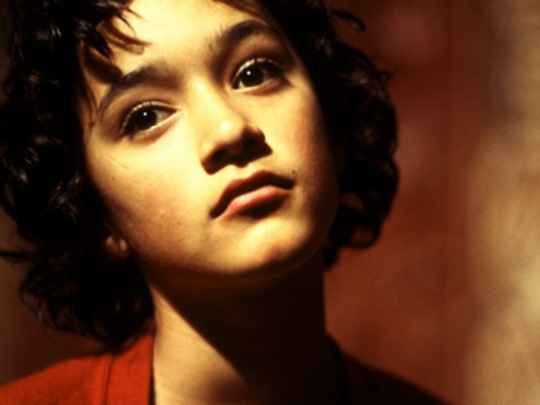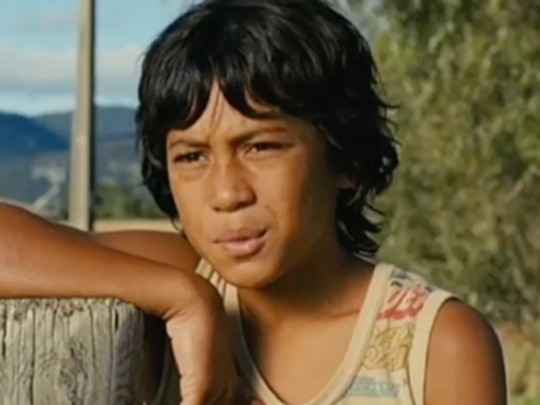There'd been 20 years of the musket being prevalent in this country; and sure, we fought each other up until then, but when the musket came, the death rate just climbed ... and so they were at a point where there had to be a better way, and christianity offered it.
– Historian Monty Soutar describes the receptiveness of East Coast Māori to christianity in the mid 1800s
He went to war carrying a musket in one hand, and the scriptures in the other. And his only demand he made of Ngāti Porou was, 'if your enemy dies, don't eat him, I'll bury him.'
– Canon Hone Kaa describes Ngāti Porou leader and evangelist Piripi Taumata-ā-Kura
...he would get the Māori together and say 'don’t sell your land —you need your land: your land's your livelihood, you’re gonna need that for future generations' ... and some of the settlers, they weren’t happy about that, and they wouldn’t come along to his services for a while. They came around eventually...
– Author Iain Gillies on what Reverend William Williams told East Coast Māori (early in this episode)
He wanted what they brought. He didn’t necessarily want them; he always held them at arms length. And he was suspicious — suspicious of what Pākehā might do in the valley.
– Canon Hone Kaa on why Ngāti Porou leader Piripi Taumata-ā-Kura didn't sign the Treaty of Waitangi
Such was his mana that he could declare the road from here [Tologa Bay] right through to Tūranga [Gisborne] tapu, if he so thought fit. So no one could go on that road — bit of a nuisance, you had to go sort of around the sea or around the back [laughter].
– Tologa Bay expert Victor Walker describes the mana and high rank of Ngāti Porou leader Te Kani-ā-Takirau
I think so — certainly a huge man of faith who believed he was doing good for people...
– Mike King asks historian Monty Soutar if he thinks missionary William Williams was "a good man"
The treaty is the most important document ever signed in this part of the world. It has the potential to bring Māori and Pākehā together.
as one people, and to build a great nation.
– Mike King quotes what missionary Henry Williams told his brother William about the Treaty of Waitangi
Taumata-ā-Kura persuaded the warriors to adopt a code of conduct which reflected Christian ideas of compassion towards enemies. The enemy were not to be killed; there was to be no cannibalism and no wanton destruction of the canoes or crops of Te Whanau-ā-Apanui.
– Writers Apirana T Mahuika and Steven Oliver, on how Ngāti Porou leader Taumata-ā-Kura handled a war party in 1836, on website Te Ara (originally published in 1990's Dictionary of NZ Biography)
...according to East Coast tradition, he was offered the Māori kingship but declined, saying: 'My kingship comes from my long line of ancestors. My mountain Hikurangi is not one that moves, but one that remains steadfast.' A major leader of his people, he was suggesting that he needed no additional titles, and that his place was with Ngāti Porou.
– Writer Steven Oliver on Ngāti Porou leader Te Kani-ā-Takirau, on website Te Ara (originally published in 1990's Dictionary of NZ Biography)
